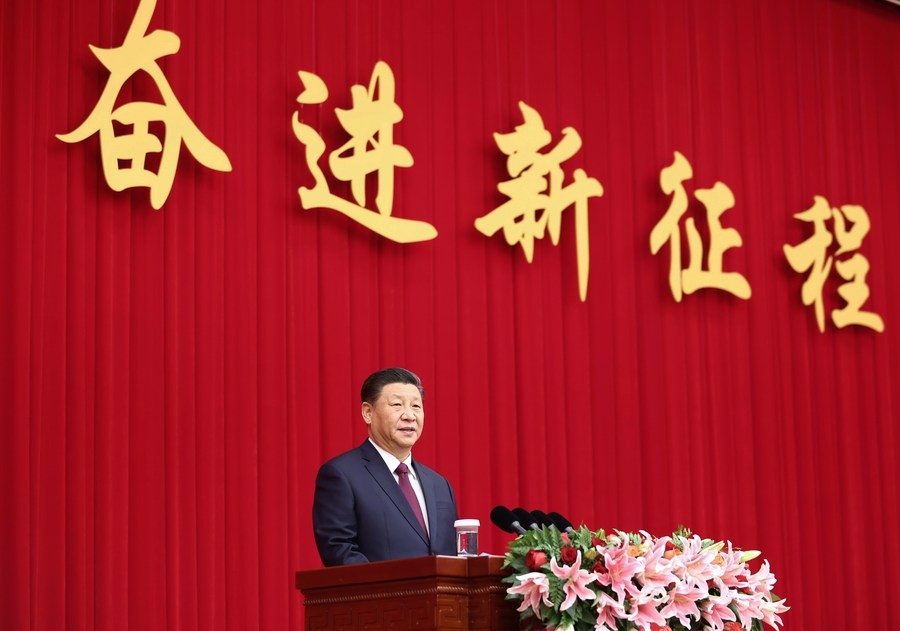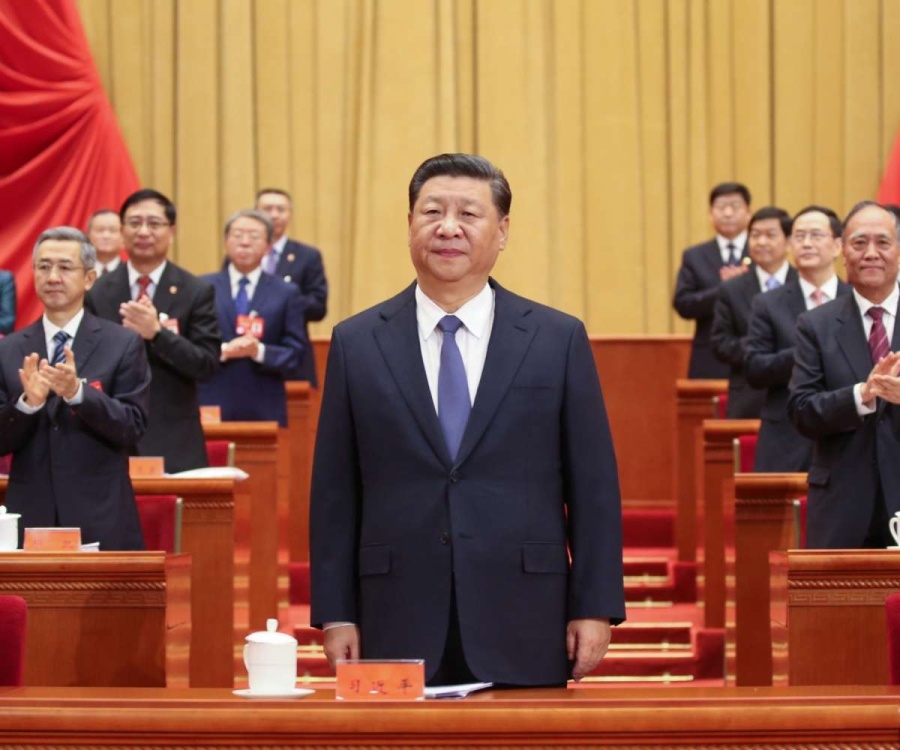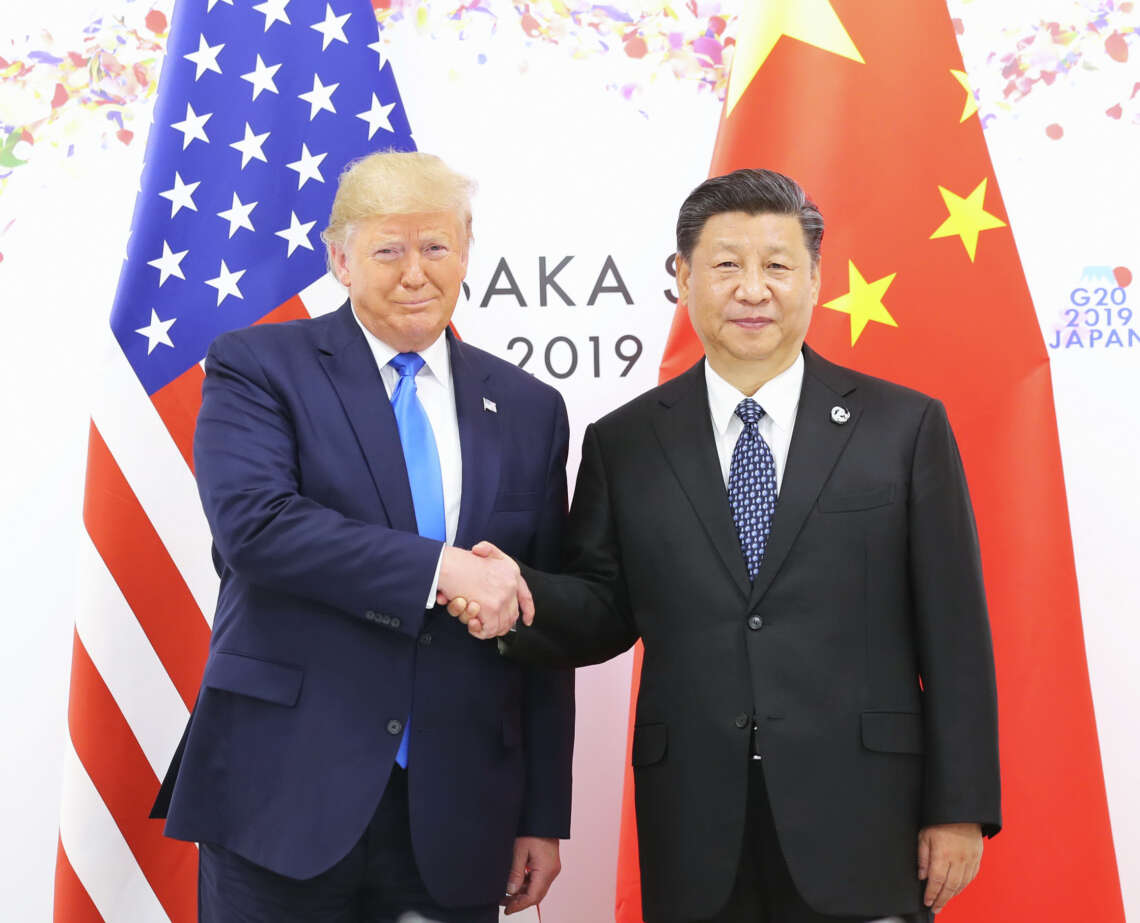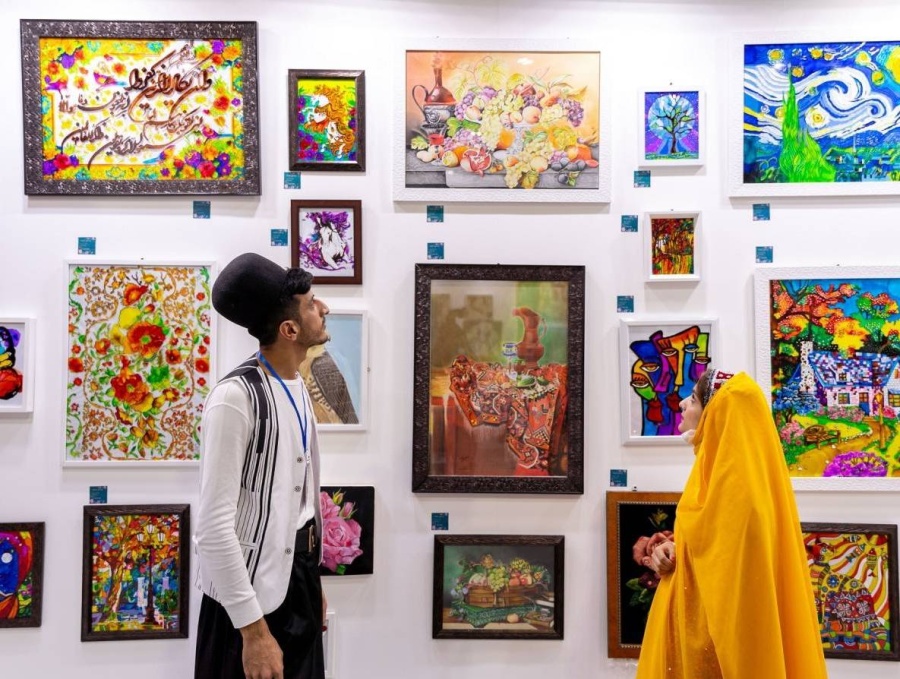The lack of independent checks and balances means that corruption investigations can be conveniently weaponized to eliminate political rivals, writes Dr Rakul Sharma
Recent news of the death sentence handed to a Chinese Communist Party (CCP) official for corruption has reignited debates on the efficacy and intentions of Beijing’s much-publicized anti-corruption drive. While Chinese President Xi Jinping’s crusade against corruption was initially seen as a promising step to clean up the Party, the increasing frequency of high-profile cases among the Party’s own ranks suggests a deeper, systemic issue that cannot be eradicated simply by imposing harsher punishments. Instead, the anti-corruption campaign appears to be a double-edged sword used only to address cases that can consolidate political power and instil fear.
Since assuming power in 2012, Xi Jinping has been on aggressive anti-corruption campaign under the slogan of targeting both ‘tigers’ (high-ranking officials) and ‘flies’ (low-level bureaucrats). The Central Commission for Discipline Inspection (CCDI), the CCP’s top anti-corruption watchdog, has investigated thousands of officials across different levels of government. The campaign has led to the downfall of numerous prominent figures, including Zhou Yongkang, a former security czar, and Bo Xilai, a once-powerful Politburo member.
On the surface, these actions have been framed as part of a broader effort to restore public trust in the CCP and enhance its legitimacy. However, the fact that even top Party officials are not immune to corruption charges raises questions about the internal dynamics of the Party. The execution order for a high-ranking official further highlights the campaign’s severity, yet also exposes its limitations.
An Inherent Contradiction: The Party Policing Itself
One of the most significant criticisms of the anti-corruption drive is that it remains fundamentally flawed because it lacks transparency and accountability. The CCP operates within a closed system where the same Party that polices corruption is also the one committing it. As a result, there is no independent judicial oversight, leaving room for selective targeting based on political motivations rather than genuine concerns over ethical governance.

The lack of independent checks and balances means that corruption investigations can be conveniently weaponized to eliminate political rivals. This has led many analysts to argue that the anti-corruption campaign is not just a tool for governance reform but also a mechanism for Xi Jinping to consolidate power. For instance, many of those targeted in the early phases of the campaign were either part of opposing factions or seen as potential threats to Xi’s leadership.
The recent death sentence of a CCP official underscores the extreme measures Beijing is willing to take to portray itself as tough on corruption. Yet, while high-profile cases create headlines, they do little to address the root causes of corruption which are deeply embedded in the Party’s structure. The very nature of China’s one-party system, characterized by a lack of political competition and judicial independence is somewhat a template where corruption can thrive.
For instance, the CCDI reported that over 1.5 million officials have been disciplined since the anti-corruption drive began, with more than 170,000 facing criminal charges. However, this has not deterred others from engaging in corrupt practices. The recurrence of such cases, even at the highest levels of the Party, suggests that corruption is not merely an anomaly but a feature of the system itself. The incentives for corruption remain too high, and the mechanisms for accountability are too weak to produce meaningful change.
The Impact on China’s Global Perception
The anti-corruption campaign has also had unintended consequences for China’s business climate. The crackdown has created an atmosphere of uncertainty, where business leaders, both domestic and foreign, are wary of becoming collateral damage in the CCP’s political manoeuvres. High-ranking officials in state-owned enterprises (SOEs) have often been targets, leading to disruptions in critical sectors.
Internationally, China’s anti-corruption drive has been met with scepticism. Critics argue that the campaign is part of a broader narrative that seeks to portray the CCP as the ultimate guardian of social and moral order, even as it quashes dissent and tightens its grip on power. The lack of transparency in how investigations are conducted, coupled with the absence of a fair judicial process, has led to accusations of human rights violations.

If the CCP is genuinely committed to combating corruption, it needs to move beyond the current model of selective targeting and secretive investigations. The focus should be on institutional reforms that increase transparency and accountability. This would include establishing an independent anti-corruption body that operates outside the influence of the CCP. However, given the Party’s reluctance to cede any control, such changes seem unlikely in the near future. Moreover, the anti-corruption drive needs to be decoupled from the CCP’s broader political agenda. By focusing solely on high-profile cases that serve political purposes, Beijing continues to risk alienating not only its officials but also its citizens, who may perceive the campaign as yet another form of authoritarian control.
Furthermore, the very fact that so many Party members are implicated in corruption cases underscores the need for a systemic overhaul, something that the CCP is unlikely to undertake as long as it remains focused on maintaining its grip on power. Ultimately, the anti-corruption campaign showcases the broader contradictions of China’s political system: a People’s Republic that claims to serve the public good but operates without the checks and balances that characterize a truly free and fair society.
ALSO READ: Western medical complicity in China’s organ harvesting crisis demands immediate action














